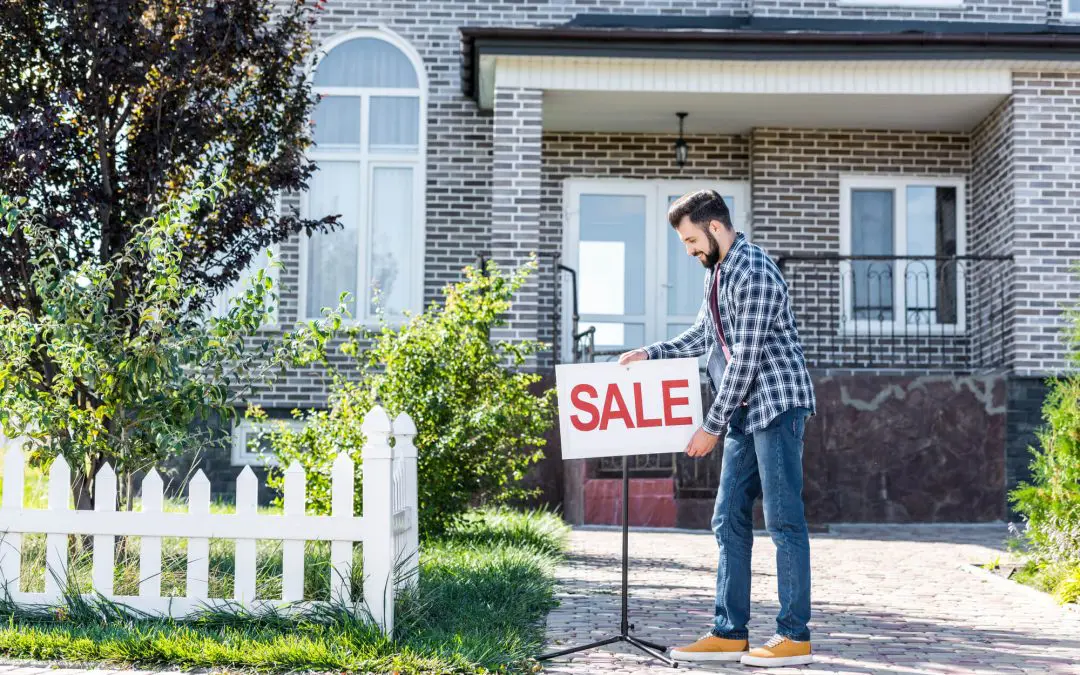Deciding on the listing price of your home is one of the most critical steps in the selling process. If the price is too high, your home might sit on the market for months. Price it too low, and you risk leaving money on the table. Striking the perfect balance can be challenging, but with the right strategy, you can set a competitive price that attracts buyers while maximizing your return.
Understand the Market Conditions to Get the Listing Price of Your Home
The first step in determining your home’s listing price is understanding the current market conditions. Real estate markets fluctuate constantly, influenced by factors like interest rates, economic trends, and local demand. To get a sense of whether it’s a buyer’s or seller’s market, research recent home sales in your neighborhood.
In a seller’s market, where demand exceeds supply, you might have the flexibility to price slightly higher. In a buyer’s market, where there are more homes for sale than buyers, pricing competitively becomes even more critical.
Research Comparable Sales (Comps)
Looking at comparable sales, often referred to as “comps,” is a cornerstone of pricing your home. Comps are homes in your area that are similar in size, condition, age, and location to yours and have sold recently. Pay attention to homes that share similar features, like the number of bedrooms and bathrooms, square footage, and lot size.
When analyzing comps, focus on those sold within the last three to six months, as these reflect the most accurate market conditions. If a comparable home sold for $400,000 and has almost identical features to yours, that price can serve as a benchmark. However, adjustments might be needed based on upgrades or unique features your home offers.
Factor Your Home’s Unique Features into the Listing Price of Your Home
Your home’s unique features will impact its value. Updates like a renovated kitchen, energy-efficient windows, or a finished basement can justify a higher price compared to similar homes without these upgrades. On the flip side, if your home has outdated appliances or needs repairs, you may need to adjust the price downward to reflect these factors.
It’s also essential to consider location. Proximity to top-rated schools, parks, shopping centers, or public transportation can boost your home’s value. On the other hand, being near noisy highways or in less desirable areas may require a price adjustment.
Get a Professional Appraisal
While you can do a lot of research on your own, getting a professional appraisal provides an expert, unbiased opinion of your home’s value. Appraisers take into account the size, condition, location, and recent sales of comparable homes. Their detailed report can serve as a reliable foundation for setting your listing price.
Consult a Real Estate Agent
A real estate agent’s expertise can be invaluable when determining your home’s listing price. Agents can access local market data and provide insights you may not uncover on your own. They can conduct a Comparative Market Analysis (CMA), a more detailed version of looking at comps tailored to your home.
In addition to data, agents bring years of experience and knowledge about buyer behavior. They can help you gauge what price will attract interest without deterring potential buyers.
Get a Home Inspection to Help Determine the Listing Price of Your Home
Another valuable step in determining your listing price is scheduling a home inspection before putting your house on the market. A home inspection thoroughly assesses your property’s condition, identifying any repairs or issues that could impact its value. Knowing the state of your home allows you to address potential problems proactively or adjust your price accordingly.
Test the Market (But Be Careful)
If you’re unsure about the right price, you can test the market by listing slightly higher than your ideal price. However, this approach comes with risks. Homes that sit on the market too long can develop a “stale” perception, making buyers wonder if something is wrong with the property.
If you don’t get offers or generate interest within the first few weeks, be prepared to adjust the price quickly. The first few weeks on the market are crucial for attracting serious buyers.
By following these guidelines and working with trusted professionals, you can confidently determine a listing price that reflects your home’s value and sets you up for a successful sale.
FAQs
How do I know if my home is overpriced?
If your home isn’t getting showings or offers within the first few weeks, it’s a strong indication that it may be overpriced. Feedback from buyers and agents can also help identify whether the price is a barrier.
Can I rely solely on online home valuation tools?
Online valuation tools can provide a rough estimate but often lack the nuance needed to set an accurate price. Factors like recent upgrades, neighborhood trends, and market conditions are best analyzed by professionals.
What happens if I price my home too low?
Pricing your home too low can lead to a quicker sale but may leave you wondering if you could have earned more. However, in some cases, a lower price can spark bidding wars that drive the final sale price higher.
How often should I revisit my listing price?
If your home hasn’t sold within 30 days and market feedback suggests the price is too high, it’s time to consider a price adjustment. Work closely with your agent to decide on the timing and amount of the reduction.
Professional Inspection Network offers professional inspection services to homebuyers and sellers in Southern California. Contact us to request an appointment.

